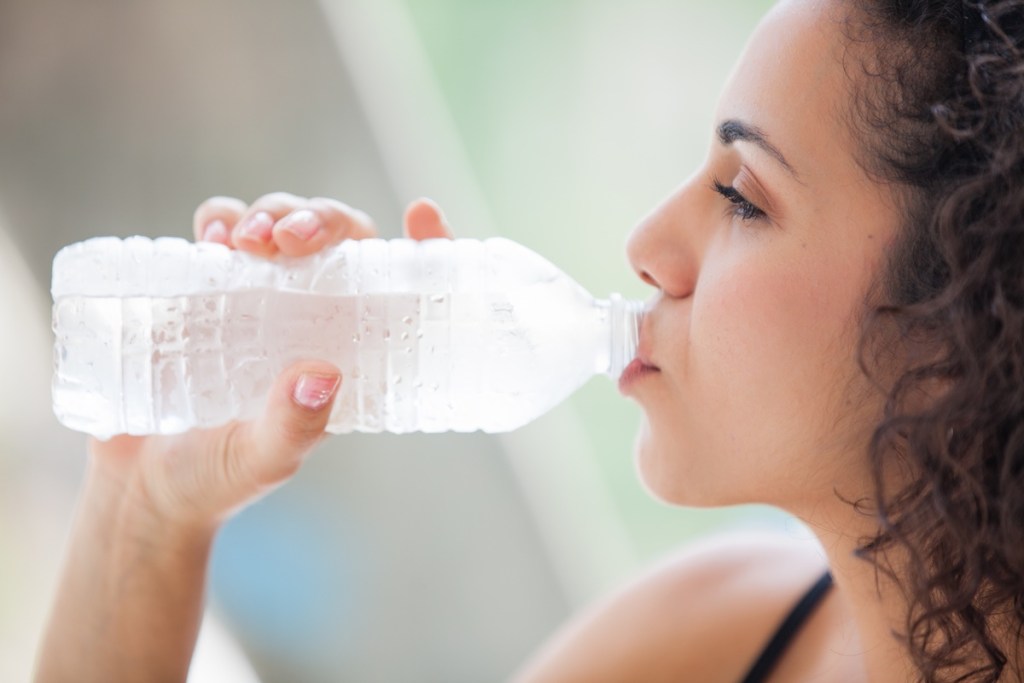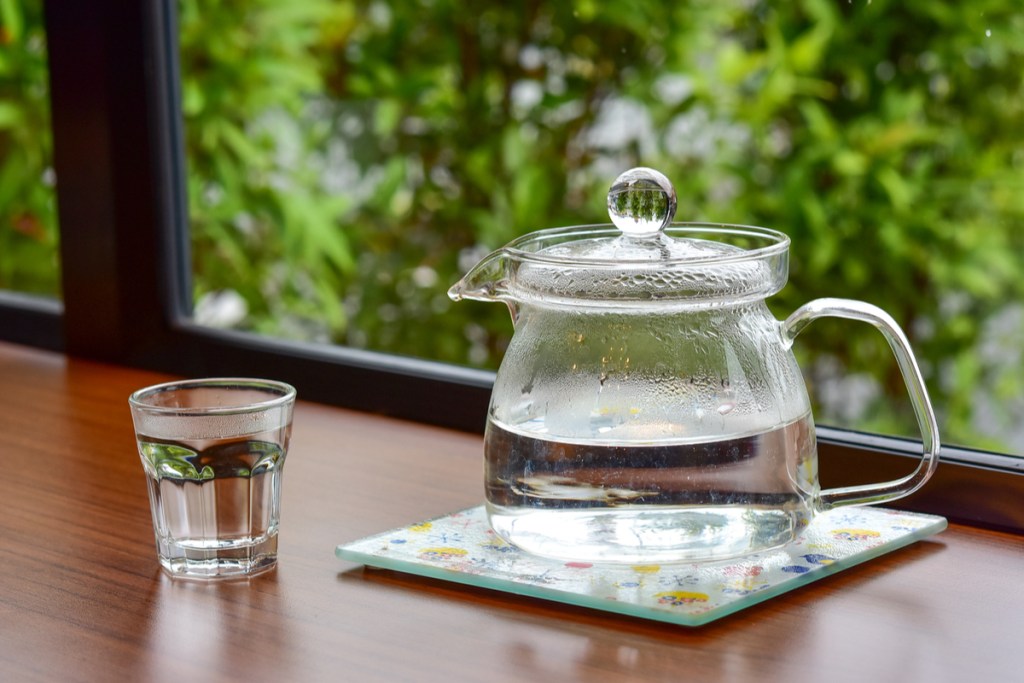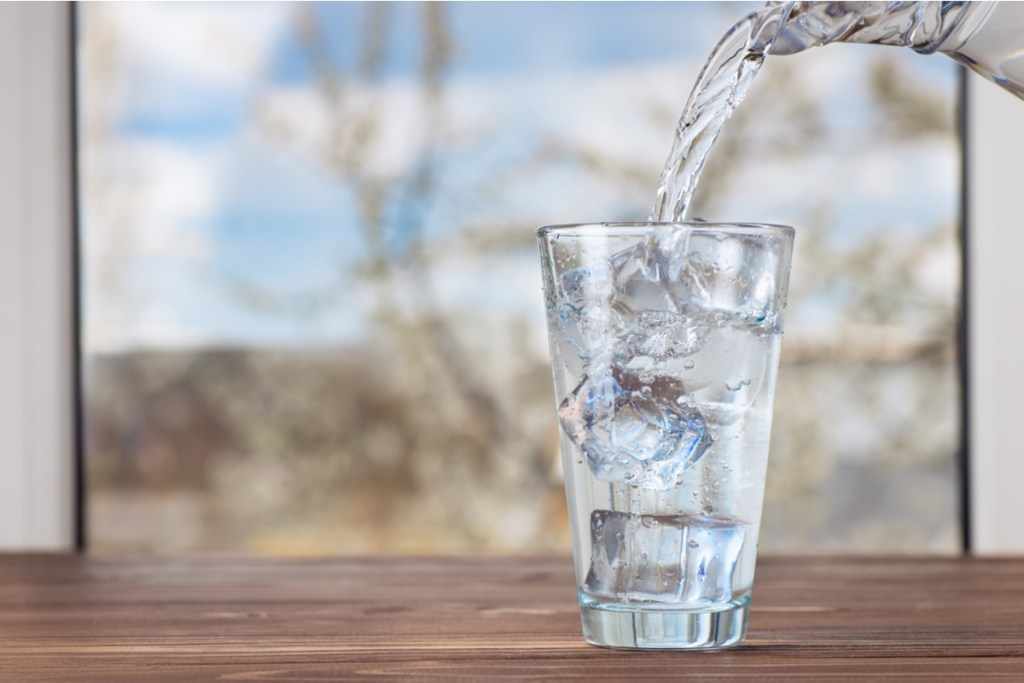
It’s one of the biggest challenges when it comes to keeping healthy: drinking enough water as part of your daily diet.
The federal government recommends that females get 2.7 liters or about 11 cups per day and that males get 3.7 liters or about 15 cups per day. That’s a lot of water, and trying to get it all in can get tedious quickly. Although fluids can come from foods and beverages other than water, consuming that quantity of fluids can be daunting, even for the most dedicated health and hydration enthusiasts.
If we’re going to have our best hope at reaching that intimidating daily threshold, it’s important to look at any and all possible stumbling blocks that lie in the way of hitting that goal.
One of the most common questions people ask is: does temperature matter?
Is there a best hydration option among cold, warm, or hot? Here’s the lowdown on water temperatures and their effects on the body.
Health benefits of water
Before we dive into the importance of water temperature, it may be good to refresh our understanding of why water is such a crucial substance for our bodies. We all realize it plays a big role, what with roughly 60 percent of our bodies being made of the stuff, but what exactly does it do?
Water benefits the body in almost innumerable ways and is essential for all sorts of vital bodily functions, including:
- Critical building material for cells
- Key component of blood and internal organs
- Facilitates digestion and waste elimination
- Regulates body temperature
- Helps protect the brain and spinal cord
- Important for healthy pregnancy and fetus

Effects of warm water
There is evidence to suggest that water temperature can affect sweating and rehydration. Is warm water great for hydration? Yes. But evidence shows it doesn’t quite measure up to water at colder temperatures.
One study found that people who drank warm water at 40 degrees Celsius or 104 degrees Fahrenheit drank less than those who drank water at a chillier 15 degrees Celsius or 59 degrees Fahrenheit. This can have important ramifications for rehydration.
There may also be a difference when it comes to weight loss. There is a long-held belief that warm water is not as effective as cold water for those attempting to lose weight. This is because the belief goes, the cold water forces the body to burn calories in order to warm itself back up. However, while this is true it only equates to a few extra calories burned.
So when it comes to weight loss, warm water appears to work just as well as cold water.
In addition, warm water may be more comfortable to drink for people with tooth or mouth sensitivity.

Effects of cold water
Although there’s not a wealth of scientific data on the topic, and different studies come to contradictory conclusions, there is considerable evidence to suggest that cold water is best for hydrating the body.
In addition to the study finding that people tend to drink cold water in greater volume than warm water, another study found that water temperatures at 16 degrees Celsius (60.8 degrees Fahrenheit), which is about the temperature of cool tap water, led to participants not only drinking more but sweating less.
However, cold water can have negative impacts on people with certain health conditions. For example, one study suggested that drinking cold water can cause headaches in women with a history of migraines.
Effects of hot water
For obvious reasons, hot water is not always the best way to get water into yourself, because it takes a long time to drink a relatively small amount. If you really wanted to get your 11-15 cups of water through hot water alone, you’d essentially be sipping nonstop throughout the waking day.
That said, hot water does provide some benefits. This is particularly true for people who are sick, as hot water can relieve congestion. Other potential benefits include:
- Soothes the stomach
- Reduces stress
- Improves circulation
While some temperatures have slight advantages over others in certain areas, the best temperature is the one that gets you to drink the most water. In addition to dehydration, cold, warm, and hot water all have different benefits and drawbacks, depending on your situation and health status.
Given the all-important role water plays in our bodies, the best way to hydrate is the way that works best for you.
BlissMark provides information regarding health, wellness, and beauty. The information within this article is not intended to be medical advice. Before starting any diet or exercise routine, consult your physician. If you don’t have a primary care physician, the United States Health & Human Services department has a free online tool that can help you locate a clinic in your area. We are not medical professionals, have not verified or vetted any programs, and in no way intend our content to be anything more than informative and inspiring.



